Unveiling the Secrets of Heart Rate: How Your Heartbeat Reveals Your Health Condition?
1. The Relationship between Heart Rate and Age, Gender, and Physical Condition
Heart rate refers to the number of times the heart beats per minute. Normal heart rate depends on several factors, including age, gender, level of physical activity, body temperature, and overall health condition.
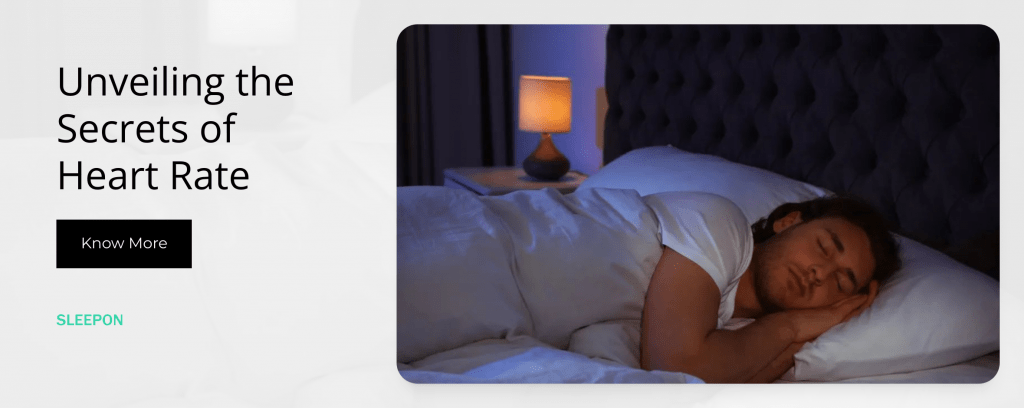
The following are the general heart rate ranges for different age groups:
- Newborns (0-1 month): 70-190 beats per minute
- Infants (1 month-1 year): 80-160 beats per minute
- Toddlers (1-2 years): 80-130 beats per minute
- Preschoolers (3-4 years): 80-120 beats per minute
- Children (5-6 years): 75-115 beats per minute
- Children (7-9 years): 70-110 beats per minute
- Children (10-14 years): 60-100 beats per minute
- Adults (15 years and older): 60-100 beats per minute
(Please note that the above values are provided as general guidelines and may not apply to everyone. There can be individual variations, so it’s best to consult a doctor for personalized advice.)
2. The Medical Significance of Heart Rate and its Health Clues
In medicine, changes in heart rate can provide clues about a person’s health condition, including the following aspects:
- Tachycardia: A heart rate that exceeds the normal range may indicate issues such as oxygen deficiency, anemia, arrhythmias, anxiety, stress, and other problems.
- Bradycardia: A heart rate lower than the normal range may indicate heart problems, hypothyroidism, medication side effects, and other conditions.
- Irregular Heart Rhythm: Irregularity in heart rate may be related to atrial fibrillation, arrhythmias, or other cardiac issues.
- Heart Rate Variability: Heart rate variability refers to the degree of variation in heart rate during different time periods. Low heart rate variability may be associated with an increased risk of heart disease.
(Although heart rate can provide some clues, it’s not sufficient to diagnose specific diseases solely based on heart rate. If you have any questions or concerns about your heart rate, it’s advisable to consult a doctor for evaluation and further examinations. Doctors consider other factors such as symptoms, physical examination, and possibly blood or electrocardiogram test results to make an accurate diagnosis.)
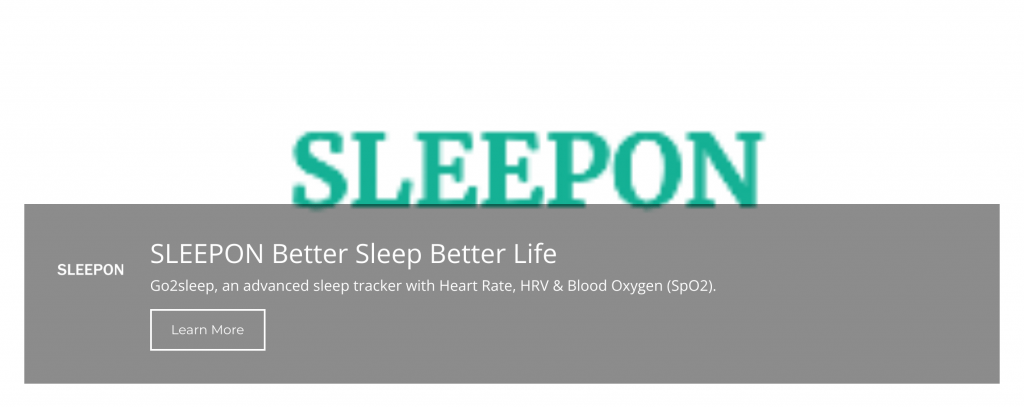
3. Variations in Heart Rate during Sleep and their Interpretation
During sleep, the heart rate of a normal adult typically decreases. This is because when the body is at rest, the metabolic rate slows down, and the heart doesn’t need to pump blood at a high speed to meet the body’s needs.
Based on research and clinical experience, during the stage of deep sleep (non-rapid eye movement sleep), the heart rate of adults usually remains stable and decreases to a lower level. Generally, during deep sleep, the heart rate of adults may be around 40-60 beats per minute. However, this range is provided as a reference, and actual heart rate can still vary among individuals.
During the rapid eye movement (REM) sleep stage, the heart rate may increase and approach or slightly exceed the heart rate during wakefulness. This is because REM sleep is a stage of increased brain activity, accompanied by dreams and rapid eye movements.
It’s important to note that specific factors such as sleep disorders, heart conditions, and stress can affect heart rate during sleep. If you have any questions or concerns about your sleep heart rate, it’s recommended to consult a doctor for further evaluation and consultation. The doctor can provide more accurate advice and guidance based on your specific situation.
4. Unlock Your Sleep Secrets with Sleepon’s go2sleep: The Ultimate Sleep Monitoring Solution
Understanding the variations in heart rate during sleep is crucial for assessing sleep quality and overall health. Sleepon’s go2sleep sleep monitor can help you gain in-depth insights into your sleep patterns.
By wearing go2sleep on your wrist, it utilizes advanced sensor technology to monitor various physiological signals, including heart rate, HRV, sleep cycles, deep sleep, REM sleep, and awakenings, providing comprehensive sleep analysis.
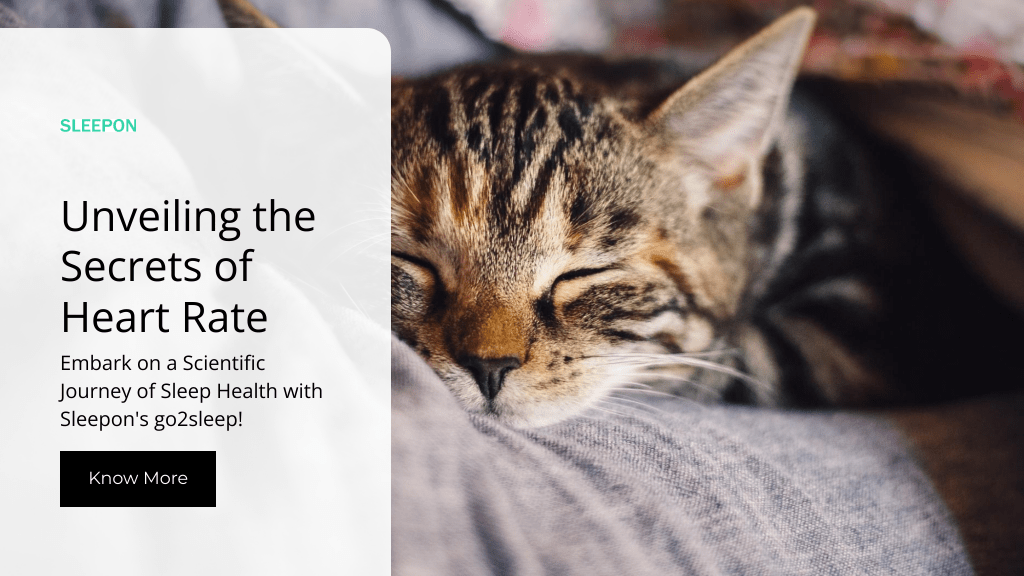
It also assesses blood oxygen saturation (SpO2) and sleep efficiency, offering insights into oxygen levels and sleep quality. When used in conjunction with Sleepon’s mobile application, users can view detailed sleep reports and trends, understand their sleep habits, and make adjustments and improvements based on feedback.
Sleepon’s go2sleep provides a convenient and comfortable user experience, suitable for home use and travel. It helps users better understand their sleep health and can be used in collaboration with doctors or sleep experts to develop personalized sleep management plans.
(Please note that while Sleepon’s go2sleep provides valuable sleep insights, for personalized advice and guidance, it’s advisable to consult medical professionals.)
Comment
Leave a Reply Cancel reply
ALL ARTICLES
Subscribe Us
403A, Building A2, Zhihui Park, Fuyong Street, Bao'an District, Shenzhen, Guangdong, China
Products
Company
Copyright © SLEEPON. All rights reserved.
SLEEPON keeps both Sleeponhealth and Sleepon.us due to the brand upgrading. We promise to provide the same products and service in both sites.
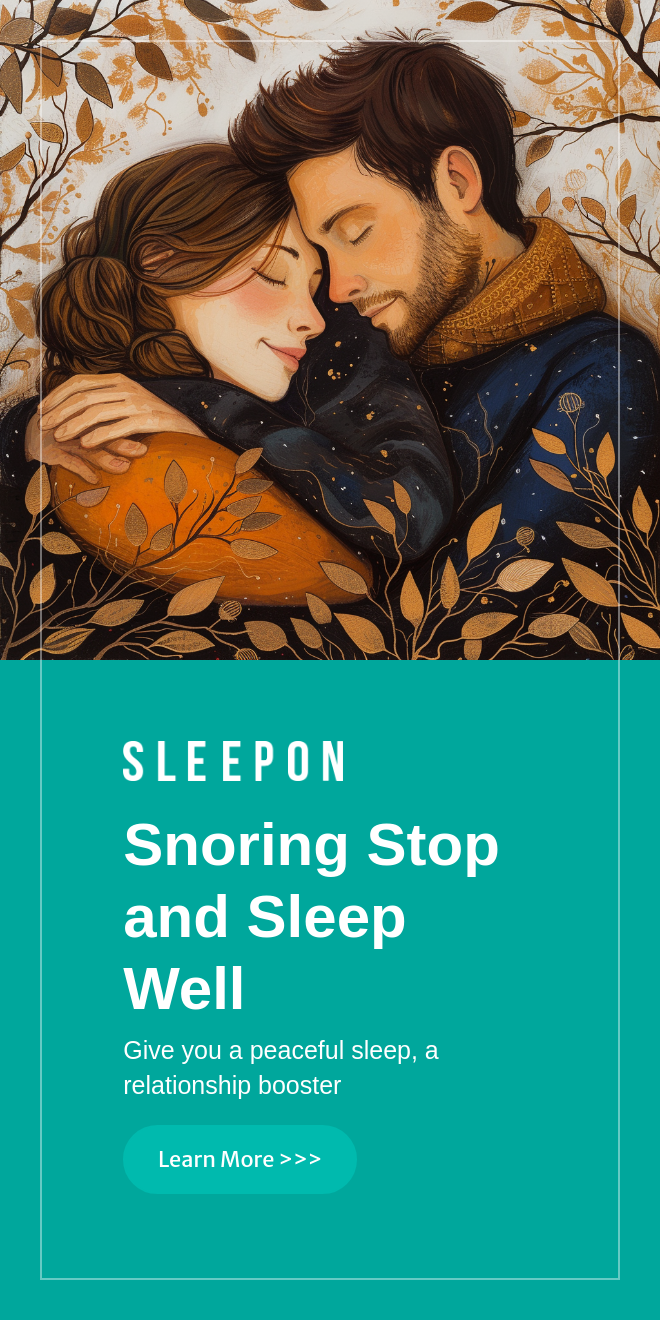
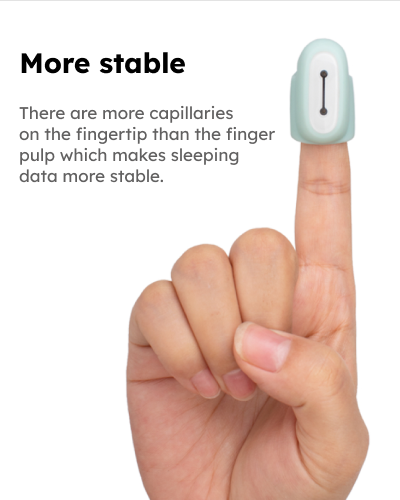
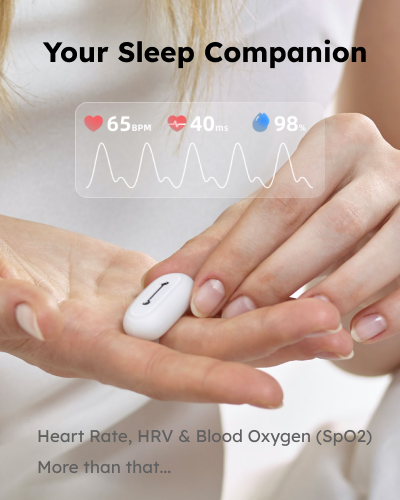



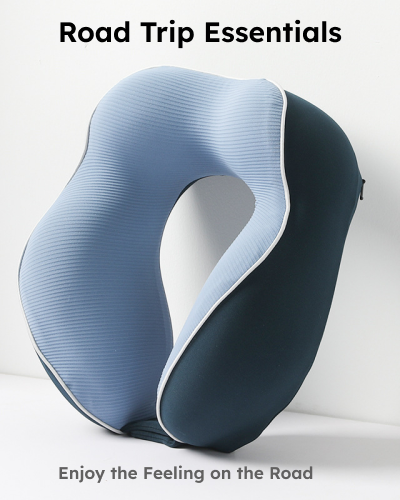
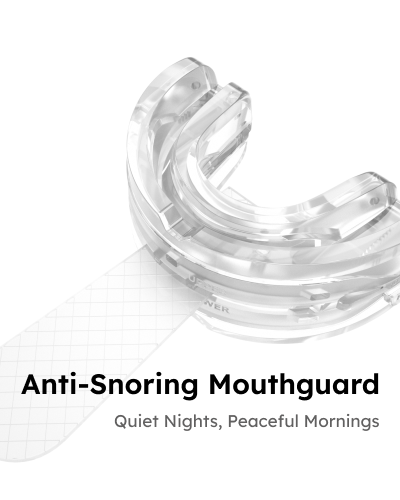
Tired of battling stubborn fat? This weight loss product is the answer! From 85kg to a lean 55kg, I’m now living my best life. to take control of your weight and health!
Click the link :- https://cad8aco1m7ufneud4hl5x8jh4s.hop.clickbank.net